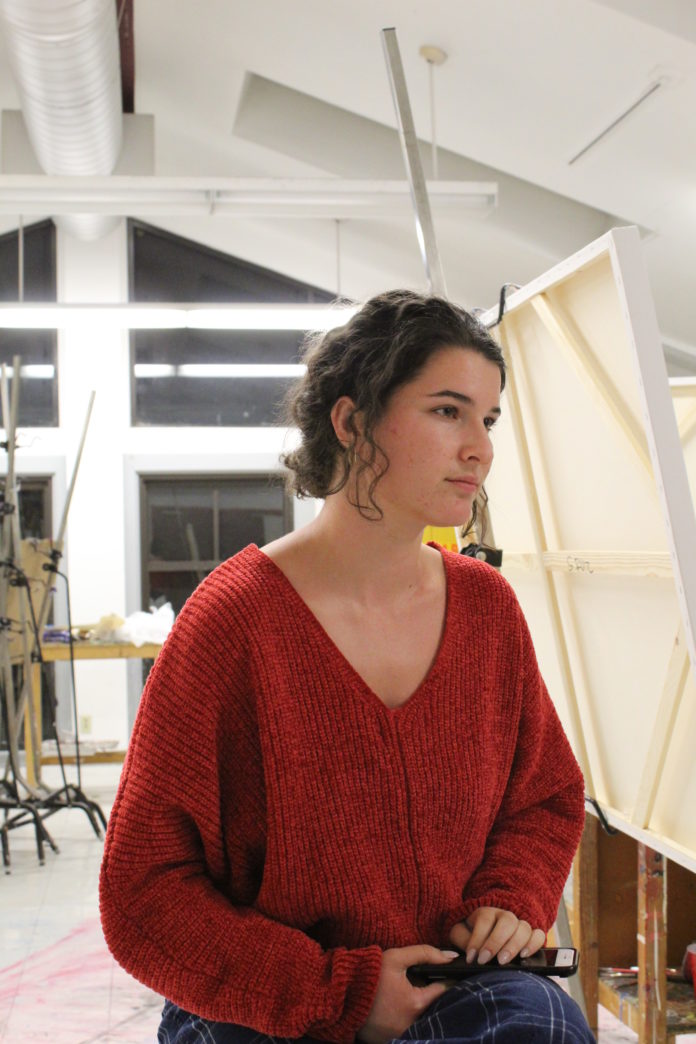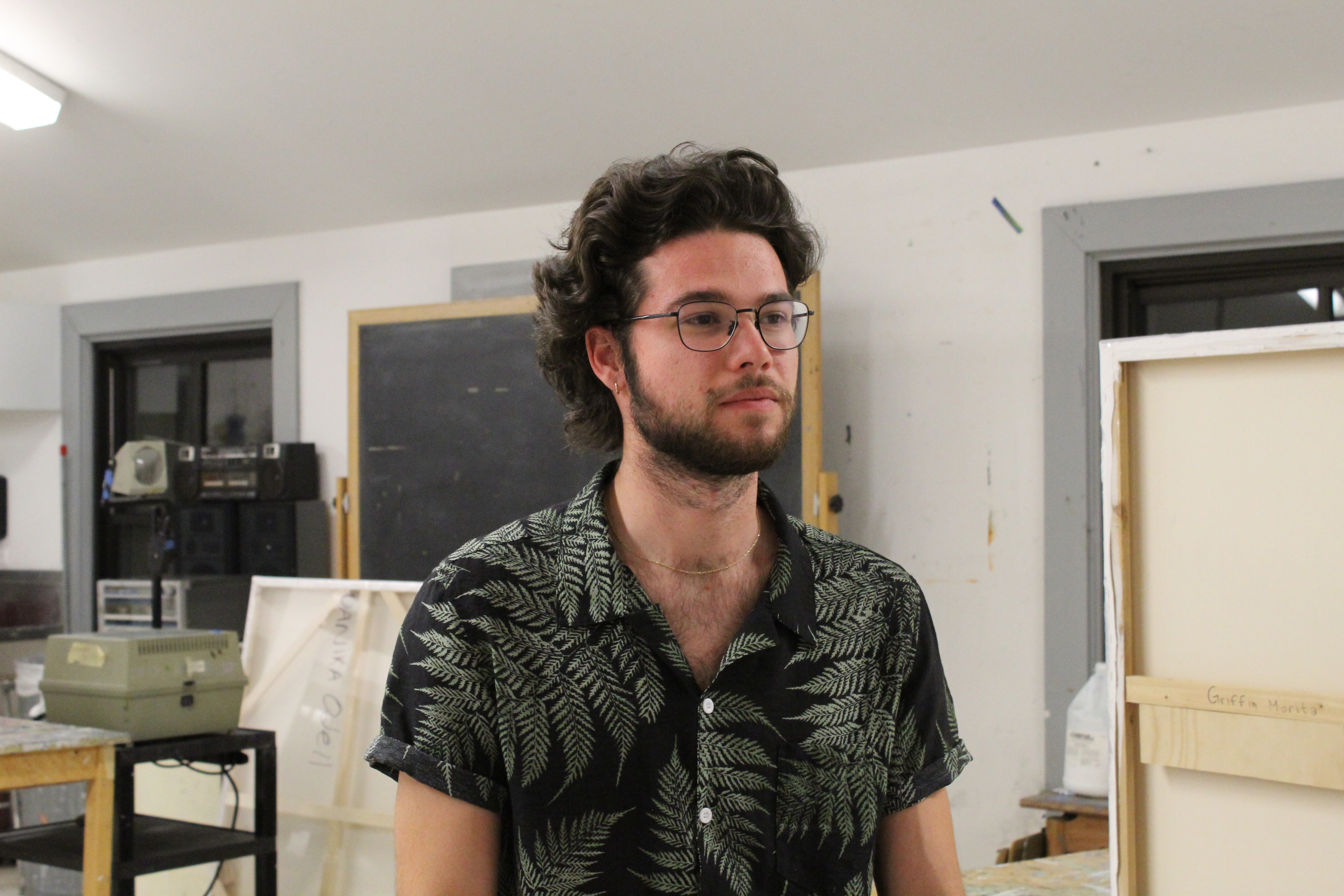
The position of sustainability coordinator remains unfilled after Jenny Low’s departure in Fall 2019. Low’s role was to organize and coordinate Occidental’s efforts toward a more sustainable campus, which involved working with facilities and Renewable Energy and Sustainability Fund (RESF), according to Tom Polansky, associate vice president of facilities. A conclusion is yet to be reached on whether the position will remain unfilled, someone will be hired, or sustainability tasks will be managed through a different route, according to Naomi Field (senior), president of RESF. Economics professor Bevin Ashenmiller is temporarily filling in as RESF’s advisor as well as taking on what RESF determines as time-sensitive projects while the position remains unfilled, according to Rémy Barbiero (junior), sustainability assistant.
In light of Low’s absence, events and efforts toward sustainability have been reduced, according to Polansky, because Low’s role was to coordinate all efforts. Since Low left, students have taken on tasks such as maintaining OSCAR, the composting system on campus. Before Low came to campus, Earth Week was a completely student-run event in April. Low helped guide students to create Earth Month, which highlights the importance of environmental justice and sustainability. This year’s Earth Month photo contest was taken on by Barbiero because of Low’s absence.

“It [sustainability work] hasn’t been as effective without [Low]. I mean, she was putting in so many hours,” Polansky said. “The students have tried to pick up the slack, so some of that work has continued. But certainly, it was better with her around.”
According to Field, institutional support is an essential part of sustainability on campus. She and Barbiero were a part of the group that petitioned last semester for the sustainability coordinator position to be filled. After the petition circulated, Barbiero and others met with Amos Himmelstein, vice president and chief operating officer for finance, planning and operations, to discuss critical sustainability issues and what would occur with the sustainability coordinator position.
“[The meeting] was talking about whether we’d fill it with a temporary position, or if we would look to find someone else to replace the position as it was,” Barbiero said. “It was a good meeting, but I feel like we left without a good, solid conclusion.”
Ashenmiller, who helped create the petition for the sustainability coordinator position in 2013, was attending RESF’s meetings and continuing her work as an advocate for sustainability on campus before this semester’s early closure. Ashenmiller said she took over her part-time role at Low’s request before she left last fall, but she is unable to take on the job of a full-time coordinator.
“This semester I’m teaching, so obviously as a faculty member, I can’t be running another thing as well. It wouldn’t be fair to anyone,” Ashenmiller said. “So how can I fill in in the meantime while they’re trying to figure stuff out? And make sure that we don’t lose all of the work that happened while the institution figures out what the next step is?”
Barbiero said Ashenmiller is taking on a part of the role Low held, focusing on the issues deemed priorities by Barbiero and the group that met with Himmelstein.
“I think the main idea now is to have Bevin [Ashenmiller] act as that coordinator this semester. She’s currently teaching a full load of courses, so it won’t be as robust a program as it was with Jenny [Low]. As we head into summer and next fall, she should be doing more of that work,” Polansky said.
According to Field, the ideal situation would eventually lead to a sustainability committee, with multiple positions focused on creating a more environmentally-friendly campus.
“So much of being sustainable is about the institutional support and with Jenny [Low] not being here there’s no one in meetings with faculty vouching for sustainability,” Field said.
Although the sustainability coordinator position remains unfilled, Polansky said that all construction projects on campus take sustainability into account. For example, the Gilman Fountain Plaza Project will have permeable concrete pavers surrounding it, which allow water to drain back into the earth, as well as native Los Angeles plants used to return the campus towards its original state, according to Polansky. Ashenmiller also said the individuals passionate about sustainability on campus continue to work toward their own environmentally-friendly goals.
Currently, the process of finding a sustainability coordinator and determining whether the role will be the same or take on a new approach is still under discussion. Polansky said he doesn’t know if the position will be filled. However, according to Polansky, sustainability continues to be an essential issue for Facilities and other organizations on campus.
“The best thing about Occidental College is that students bring up problems and want to address them,” Field said. “As people see more and more that social justice has a huge part in environmental justice, it won’t be acceptable for Oxy to continue the way it’s going as an institution.”
![]()






























